Discover the biggest benefits of intermittent fasting
- Intermittent fasting is gaining support from the mainstream medical community
- Fasting simplifies our life and reduces stress
- Fasting can also help keep cash in your wallet
- Intermittent fasting is flexible and can be done anywhere
- You can incorporate fasting with any diet
By Jason Fung, M.D., Co-founder of The Fasting Method
Intermittent fasting has a number of advantages over traditional dieting for weight loss. It has recently become very popular and many physicians are now recognizing its inherent healthy nature, in this era of obesity. A recent review in the New England Journal of Medicine noted improvements in metabolism, stress resistance, health and ageing, physical and cognitive effects. From a more practical standpoint of being able to follow it, there are many advantages.

1. It’s Simple
Diets are usually full of rules and usually contradict one another. Eat less fat. Eat more fat. Eat less carbs. Eat more carbs. Eat less protein. Eat more protein. Eat more fibre. Eat a plant-based diet. Eat a meat-based diet. Eat less sugar. Each of these ‘rules’ claims to be science-based, but they usually change over time.
In the 1980s, all forms of dietary fat were thought to cause heart disease. By the 2000s, some forms of fat were considered ‘heart-healthy’. By the 2020s, most forms of natural fats, such as butter, olive oil, fatty fish etc., are considered reasonably healthy foods.
This constant change of scientific opinion makes it difficult for the average person to know what to eat and what not to eat. Many people don’t understand the differences between carbohydrates, fats, and proteins. So, when people try to follow a low-fat or low-carb or high fat (Keto) or a high protein diet, it’s not always clear exactly what foods they should eat. Further, many peoples’ diets haven’t changed significantly in 40 years, and it’s not easy to change an old habit!

Rather than completely changing someone’s diet, a different approach, like intermittent fasting, is much easier for people to understand. It’s so simple, it can be explained in two sentences. Don’t eat anything during the fasting period. Drink if you’re thirsty – water, tea and herbal tea, or coffee without sugar or sweeteners. That’s it. The simpler something is, the more effective.
2. It’s Free
Many great diets emphasizing locally produced, organic, whole foods can be very expensive. I would much prefer to eat lobster over macaroni, but one is much more expensive than the other. Just because it’s more expensive doesn’t mean they should be doomed to a lifetime of being overweight with all of its health consequences.
One of the great benefits of intermittent fasting is it’s completely free. In fact, it actually saves money because you don’t need to buy food. Who can’t use a few extra dollars in their pocket while losing weight and getting healthier at the same time? It’s like you’re being paid to lose weight! This makes intermittent fasting available to anyone in the world willing to give it a try.

3. It’s Convenient
Eating a home cooked, prepared-from-scratch meal is terrific, but it takes a lot of time. That’s part of the reason why fast foods, which are so convenient, are so popular. But there’s nothing that beats the convenience of intermittent fasting.
Fasting saves time because there’s no time spent buying food, preparing, cooking, and cleaning up. It’s a great way to simplify your life. I often skip breakfast in the mornings, easily saving 30-40 minutes every day. When I skip lunch, I save another 30-60 minutes. It adds up quickly. Where many diets complicate your life (eat this, but not that, and only a little of the other), fasting simplifies it.
But there’s even more to this benefit of intermittent fasting. It’s completely flexible, too. You may decide to fast more this week and less next week. If you’re going on vacation and want to indulge for a bit, that’s entirely up to you. You may start or stop fasting any time. You could fast for 16 hours or 16 days.

4. You can fast with any diet
Fasting is not something you do, but something you do not do. It’s subtraction rather than addition. Fasting is all about the time spent not eating, and makes no prescription on what you eat when you decide to eat. So, you can add it to whatever diet you wish to follow.
You don’t eat meat? You can still fast.
You don’t eat wheat? You can still fast.
You have a nut allergy? You can still fast.
You don’t have time? You can still fast.
You don’t have money? You can still fast.
You are travelling all the time? You can still fast.
You don’t cook? You can still fast.
You are 80 years old? You can still fast.
You have problems with chewing or swallowing? You can still fast.
There’s almost nothing that can stop you from fasting.

5. It’s Powerful
The most important question of any weight loss intervention is this – will it work? If you don’t eat anything, it’s almost inconceivable you will not lose weight. You can’t eat less than zero, so it is by definition the most powerful dietary intervention.
Fasting also has almost unlimited power. For example, if you follow the Mediterranean diet, but don’t get the results you are looking for, then how do you become more ‘Mediterranean’? There’s only one power setting and it either works or it doesn’t. Not so with fasting. You can always fast for longer periods of time or more frequently, which means there are almost no limits to its power. That’s an incredible benefit of intermittent fasting almost no other diet can offer.
Final Thoughts
There are only two remaining questions.
- Is it unhealthy? On the contrary, there are significant potential health benefits.
- Can you do it?
Throughout history, people have practiced intermittent fasting for many different reasons, so literally billions of people have done it. Perhaps it’s time for you to try. It’s simple, effective, free, convenient, and powerful. Available anytime, anywhere. There are so many benefits to intermittent fasting – why not give it a try? Check out The Fasting Method to get the education and support you need to start fasting.

For more, see The Obesity Code.
Learn more about Pique Fasting Tea.
For fasting education, support and community, go to The Fasting Method.



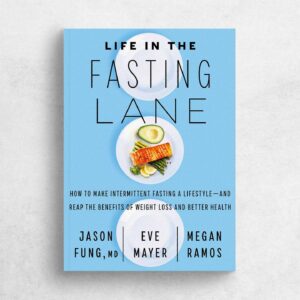
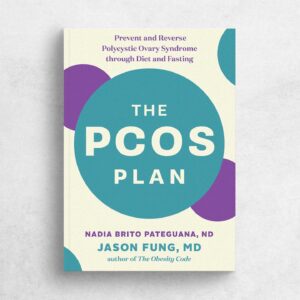
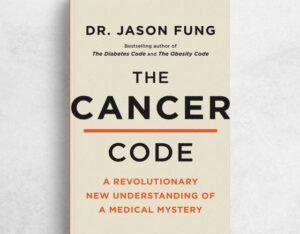
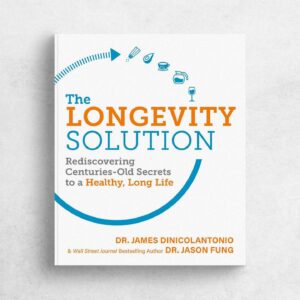
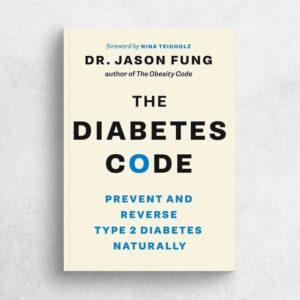
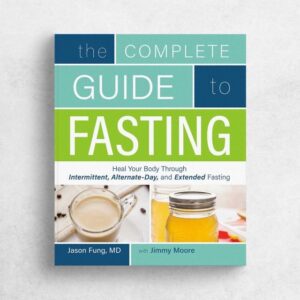
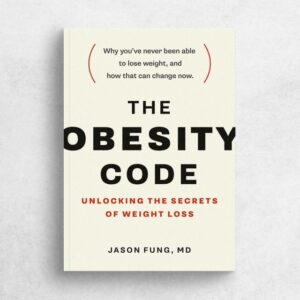
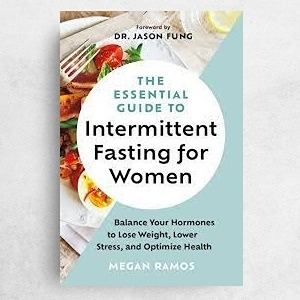
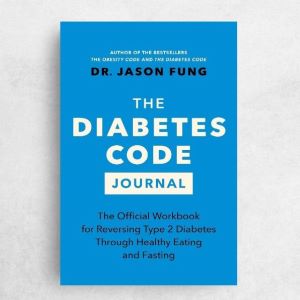
Responses